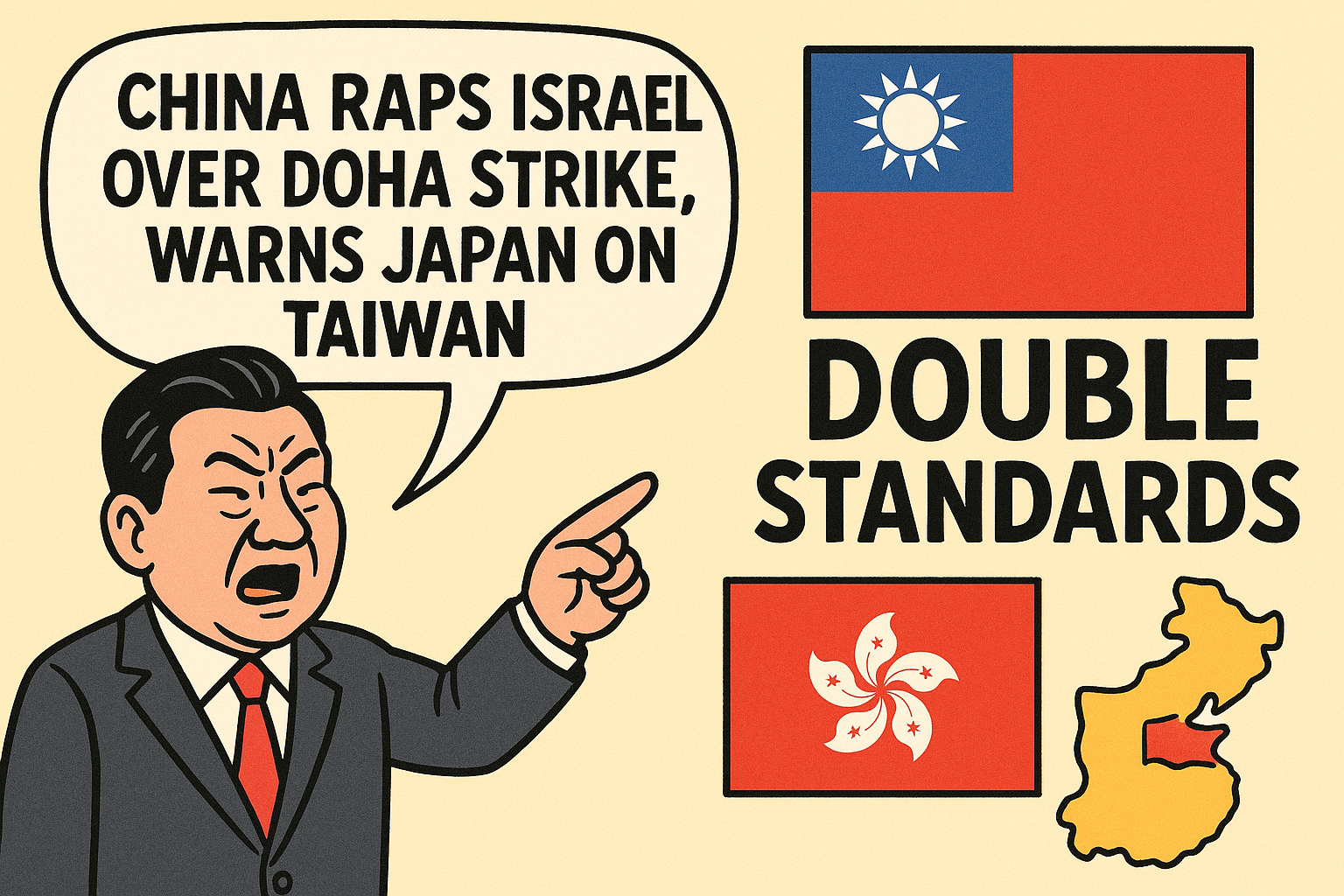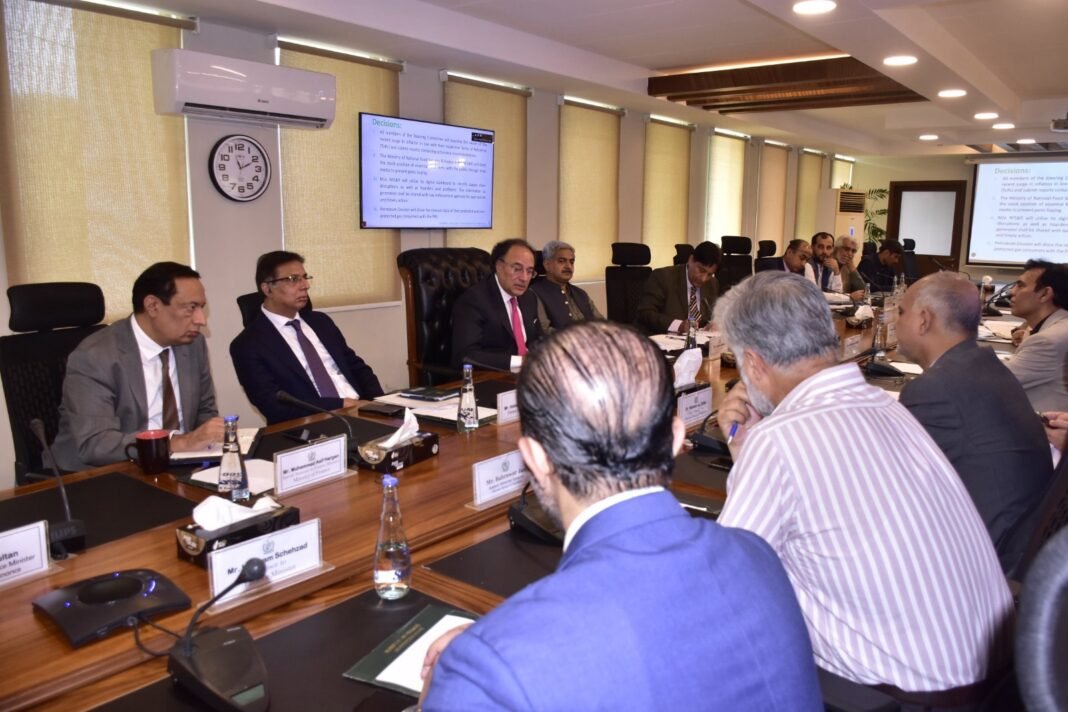BEIJING: China on Tuesday delivered a series of strong statements on regional and global issues, ranging from Israel’s strike on Doha to tensions over Taiwan and internal developments in Nepal.
At the daily press briefing, Foreign Ministry spokesperson Lin Jian strongly condemned Israel’s September 9 attack in Doha, terming it a violation of Qatar’s sovereignty and national security. “We firmly oppose Israel’s violation of Qatar’s territorial integrity,” he said, warning that the strike risked undermining Gaza ceasefire talks and escalating conflict in the Middle East.
Issuing an additional statement, Beijing said it was “deeply concerned that the attack could lead to further escalation in the region” and “disapproves of actions taken to deliberately jeopardize Gaza ceasefire talks.” The spokesperson stressed that the use of force “will not bring peace to the Middle East,” adding that dialogue and negotiation remain the only way out. “It will soon be two years since the conflict broke out in Gaza. China strongly calls on relevant sides, especially Israel, to make an effort to end the fighting and resume talks, instead of the other way around,” Lin said.
On regional concerns, Beijing protested strongly to Japan over former Taiwan leader Tsai Ing-wen’s visit to Tokyo, reiterating that there was “no rationale” for her trip, which it said aimed at seeking foreign support for “Taiwan independence.” Lin cautioned that Japan bore “historical responsibilities” on the Taiwan issue and urged Tokyo to act prudently, adhere to the one-China principle, and avoid sending “wrong signals” to separatist forces.
China also reacted sharply to Japan’s defence of lawmaker Shi Ping, who Beijing accused of siding with “anti-China elements.” Lin said China’s countermeasures against him were “right and just,” rejecting Tokyo’s criticism and reminding Japan of its commitments under bilateral political documents.
On Nepal, Beijing expressed hope that the country would “properly handle domestic issues and restore stability.” A safety advisory was issued to Chinese nationals in Nepal, urging them to take extra precautions and stay in contact with the Chinese embassy.
Commenting on the Iranian nuclear file, Lin welcomed the understanding reached between Iran and the IAEA to resume cooperation on safeguards, calling it a “positive step towards de-escalation.” He urged all parties to resume negotiations early and work towards a just solution that addresses legitimate concerns.
China also extended sympathies to Pakistan over deadly floods. Lin said Beijing had already provided emergency aid and “will provide more assistance in light of Pakistan’s needs.” He expressed confidence that Pakistan would “recover and rebuild better under the leadership of its government.”
Despite the wide-ranging pronouncements, critics argue that Beijing’s policy remains selective and self-serving. While forcefully invoking sovereignty and non-interference in the Middle East, China has shown little consistency in its own actions regarding Taiwan, Hong Kong, and the South China Sea. Analysts note that such double standards weaken Beijing’s credibility as a neutral powerbroker and suggest its rhetoric is driven more by geopolitical manoeuvring than principle.


